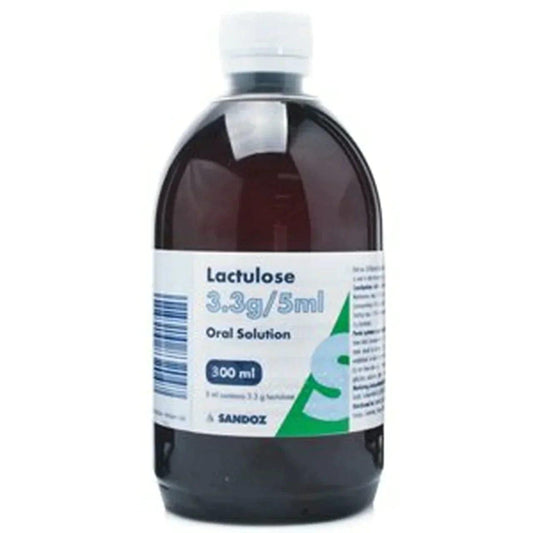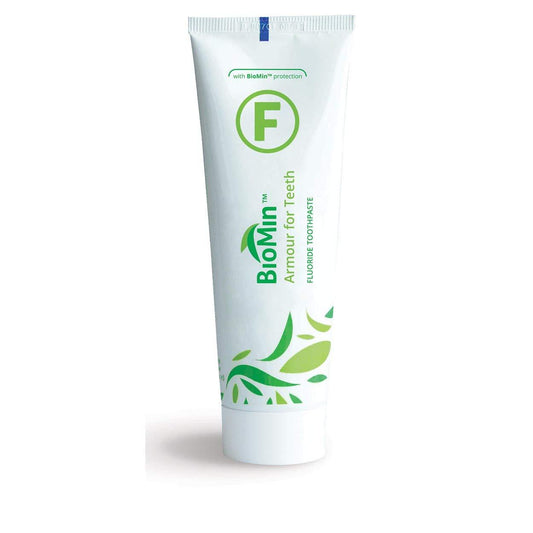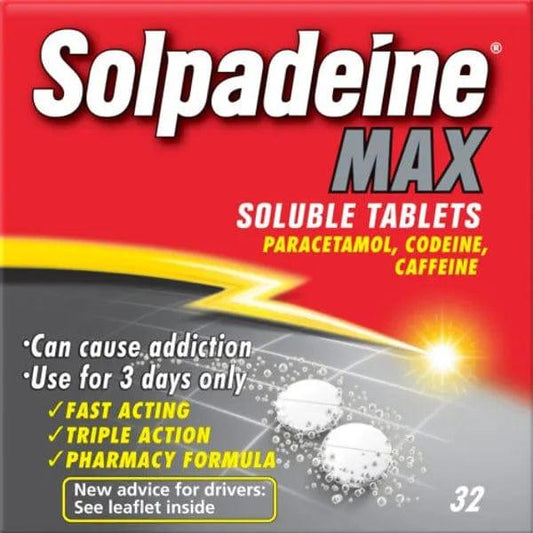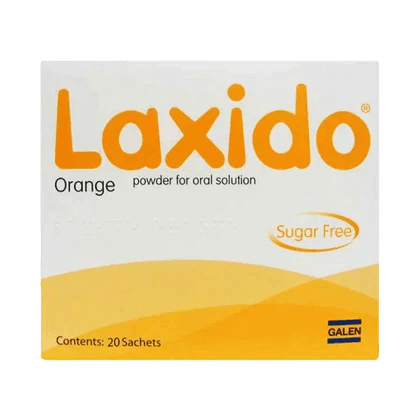Is Chipotle Healthy?

Free delivery on orders over £45


Chipotle Mexican Grill has become a staple in the fast-casual dining scene, known for its burritos, bowls, and an array of customisable options. As more people strive to make healthier eating choices, it's important to ask: How does Chipotle measure up in terms of health? This article peels back the layers of Chipotle's menu, scrutinising the nutritional content of its meals, the benefits of its ingredient sourcing, and the role of consumer choice in shaping a healthy diet. We'll consult health experts and scrutinise statistics to provide a well-rounded view of what it means to eat healthily at Chipotle.
To dissect whether Chipotle aligns with the principles of healthy eating, one must first delineate what 'healthy' truly encompasses. Health professionals often speak of a delicate balance of macronutrients—proteins, carbohydrates, and fats—complemented by a plethora of micronutrients, all within the calorific confines that suit an individual's lifestyle.
Dr. Elizabeth Hawthorne, a clinical nutritionist, articulates that "a meal can only be deemed healthy within the context of an entire day's diet". Against this backdrop, the general dietary guidelines postulated by health authorities provide a benchmark for what constitutes nutritional adequacy for the average adult.
Yes, Chipotle can be healthy if you make informed choices about what you include in your meal, focusing on balance, portion sizes, and nutritional content. However, it also has the potential to be unhealthy if you opt for high-calorie, high-sodium options without moderation. The healthiness of Chipotle largely depends on how you customise your meal.
Amidst the sea of opinions on Chipotle's healthfulness, expert analyses and empirical studies provide a beacon of clarity. Nutritionists commend the chain for its 'Food with Integrity' philosophy, yet they caution against the calorie-dense traps hidden within its menu. A study published in the Journal of Nutrition and Dietetics observed that the average calorie count of a Chipotle meal can exceed 1,000 calories – almost half of the daily intake recommended for an average adult. Such figures suggest that while individual ingredients at Chipotle can be fresh and healthy, the cumulative effect of a full meal may be more indulgent than some diners realise.
Further expert commentary focuses on the sodium content in Chipotle's dishes. According to the American Heart Association, the maximum recommended daily intake of sodium is 2,300 milligrams, with an ideal limit of no more than 1,500 milligrams for most adults. A single serving of Chipotle's chicken burrito can contain nearly 1,000 milligrams of sodium, pushing the boundaries of these recommendations, especially when additional sides are considered.
Despite these concerns, dietitians also recognise the nutritional value that can be found in Chipotle's meals. The availability of fiber-rich beans, whole grains like brown rice, and a variety of fresh vegetables can contribute to a well-balanced diet. Dr. Angela Kirk, a registered dietitian, notes that "Chipotle offers an array of options rich in nutrients. The key is making informed choices and being mindful of portion sizes."
In addition to individual nutrient analysis, broader studies have assessed the overall dietary patterns associated with frequent Chipotle consumption. Research indicates that dining out regularly, not just at Chipotle but at similar fast-casual restaurants, is correlated with a higher intake of calories, saturated fats, and sodium. However, the same studies often point out that informed choices and moderation can mitigate these effects, allowing for a healthier dining experience.

Chipotle's menu is a vibrant mosaic of Mexican-inspired dishes, each offering a unique combination of flavours and ingredients. At its core, the menu revolves around a selection of base items such as burritos, bowls, tacos, and salads, which can be personalised with a variety of meats, rice, beans, vegetables, salsas, cheeses, and more.
A standard Chipotle burrito is a hearty offering – a flour tortilla enveloping a filling choice of rice, beans, meat or sofritas, salsa, cheese, and sour cream. It's a substantial meal that can tip the scales in terms of calorie and fat content, especially when additional toppings like guacamole or queso are added. On the other end of the spectrum, Chipotle's salads offer a lighter fare, with a base of fresh romaine lettuce that can be topped with an assortment of beans, salsas, and meats or tofu, dressed with vinaigrette or guacamole.
The nutritional content of these items can vary significantly based on the choices made during the ordering process. For instance, opting for brown rice instead of white rice adds fibre, choosing pinto beans over black beans can alter the micronutrient profile, and selecting chicken instead of barbacoa impacts the fat and protein content of the meal.
It's not only the choice of ingredients that matters but also their quality. Chipotle has made a name for itself by using responsibly sourced ingredients, often organic and locally produced, when possible. The chain's commitment to avoiding preservatives, artificial flavours, and colours is a nod to consumer demand for 'cleaner' eating options. "Chipotle's transparency in sourcing ingredients is commendable," states Dr. Hawthorne, "but it's the caloric and sodium content that can be a concern."
However, despite the fresh ingredients and the ability to customise meals, it's essential to note the potential pitfalls. Some combinations can lead to high-calorie meals that are rich in sodium and saturated fats. Portion sizes at Chipotle can be generous, which, while appealing to our appetites, can also contribute to overeating.
In the context of health, Chipotle offers a dual narrative: on one hand, there's the potential for wholesome, nutritious meals made from fresh, responsibly-sourced ingredients. On the other, there's the risk of creating a meal that's high in calories and sodium. It's a reflection of the broader eating-out dilemma, where choice plays a pivotal role in determining the healthiness of a meal.
The power of personalisation at Chipotle is double-edged; it offers the patron control over their meal's constitution, yet also the potential to create a dish far removed from nutritional prudence. The key, suggests Dr. Hawthorne, is "strategic selection". The diner who opts for brown rice over white, or who forgoes the cheese, is taking a conscious step towards a healthier meal. This element of choice, inherent to Chipotle's service model, underscores the restaurant's potential to cater to the health-conscious consumer.
Chipotle's bastion lies in its fresh produce and the absence of artificial preservatives, which aligns with the ethos of healthy eating. The inclusion of dietary-specific options, like the vegan Sofritas or the Whole30 Bowl, provides a haven for those with strict dietary regimes. Moreover, when juxtaposed with its fast-food contemporaries, Chipotle often emerges as the healthier alternative. A statistical analysis by Healthline suggests that the average meal at Chipotle has fewer calories and trans fats than comparable meals at other fast-food establishments.
However, the health portrait of Chipotle is not without its shadows. A typical Chipotle meal can be deceptively high in calories, a fact not readily apparent to the uninformed consumer. Sodium content is another hidden adversary; some Chipotle offerings exceed the American Heart Association's recommended daily limit. Dr. Hawthorne warns, "The liberal portion sizes can inadvertently lead to overconsumption, a trend often seen in fast-casual dining."

Navigating Chipotle's menu with health in mind is akin to charting a course through treacherous waters; it requires knowledge and intent. Opting for a salad with a base of greens, topped with black beans, fajita vegetables, and grilled chicken, finished with a sprinkle of cheese and a dash of guacamole, can constitute a balanced meal. These informed choices, supported by Chipotle's nutritional calculator, allow patrons to tailor their meals to adhere to dietary guidelines.
In the discourse on Chipotle's health credentials, the onus of responsibility also rests with the consumer. The autonomy granted by Chipotle's model can foster a healthier meal, provided the consumer exercises restraint and mindfulness. Dr. Hawthorne concludes, "It's not just what Chipotle offers, but how one chooses to partake in it, that defines the healthfulness of the meal." Balance and moderation, therefore, emerge as the guiding principles for those seeking to reconcile their Chipotle experience with their health aspirations.
Comparing Chipotle to McDonald's in terms of healthiness is not straightforward, as it largely depends on the specific menu items you choose and how you customise your meal. However, here are some general considerations:
Chipotle offers more opportunities for customisation, allowing you to build a meal with more vegetables, lean proteins, and whole grains, which can lead to a healthier meal.
McDonald's menu is less customisable and is known for its high-calorie, high-fat options such as burgers and fries.
Chipotle has a commitment to using fresh, locally sourced ingredients and often organic produce, which can contribute to a more nutritious meal.
McDonald's has made efforts to improve the quality of its ingredients in recent years, but its menu still includes many highly processed items.
Both restaurants offer menu items that can be high in calories. Chipotle's burrito bowls and burritos, especially when loaded with toppings, can be quite calorie-dense.
McDonald's, traditionally known for its burgers and fries, can also deliver a high-calorie meal, particularly when upsized.
Chipotle's menu can cater to a variety of dietary needs, including vegetarian, vegan, and low-carb options, which might make it easier to choose a healthier meal.
McDonald's also offers salads and a few other healthier options, but the choices are more limited compared to Chipotle.
In summary, both Chipotle and McDonald's offer options that could be considered healthy as well as options that are less so. The potential for a healthier meal at Chipotle might be higher due to the ability to include more fresh ingredients, vegetables, and whole grains. However, the final determination of "healthiness" depends on the specific choices made when ordering from either restaurant.
The unhealthiest food at Chipotle, in terms of calorie, fat, and sodium content, is typically a fully loaded burrito with all the high-calorie options like carnitas, white rice, cheese, sour cream, and guacamole, along with any additional toppings like queso. This combination can be high in calories, saturated fat, and sodium.
While Chipotle's menu can cater to both indulgent and health-conscious diners, the overarching narrative is clear: the healthfulness of a Chipotle meal is largely dependent on the choices made at the counter. With expert advice and nutritional awareness, consumers can navigate Chipotle's offerings to enjoy meals that are as healthy as they are flavourful.
The 'Food with Integrity' ethos provides a solid foundation, with Chipotle's commitment to fresh, high-quality ingredients setting a commendable standard in the fast-casual dining landscape. However, the healthfulness of dining at Chipotle is not a given—it is a nuanced outcome shaped by decisions made at the point of order. The selection of brown rice over white, the addition of vegetables, the omission of high-calorie toppings—these choices cumulatively influence the nutritional profile of the meal.
Ultimately, the question of whether Chipotle is healthy is not an absolute but a variable dependent on personal dietary choices. It is these choices, made within the framework of Chipotle's diverse menu, that will dictate whether a meal supports or undermines the diner's health goals. As we reflect on the role of fast-casual dining in our diets, Chipotle stands as a testament to the modern-day adage: the power of health is in the hands of the beholder—or in this case, the eater.













Plus get the inside scoop on our latest content and updates in our monthly newsletter.
